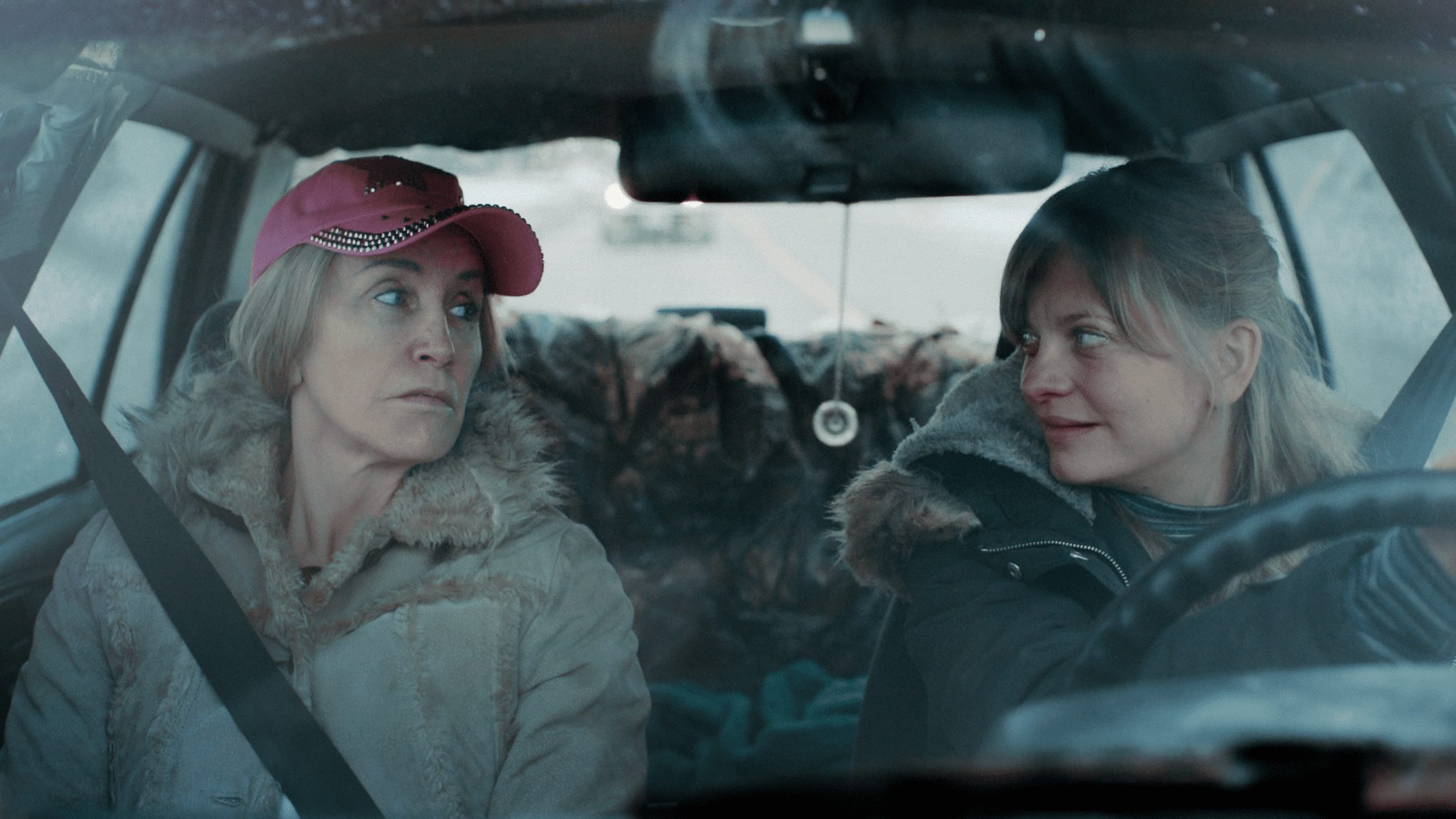
Huffman, Happiness and Finding Herself: 1on1 with Anastasia Phillips (TAMMY’S ALWAYS DYING)
Directed by Amy Jo Johnson (The Space Between), Tammy?s Always Dying tells the story of Catherine (Anastasia Phillips), a woman trapped in a dysfunctional relationship with her suicidal mother, Tammy (Felicity Huffman). Every month, Catherine finds herself having to literally talk her self-destructive mother off the ledge of the same bridge. Caught in the confines of co-dependency, these…

